 Life changed for Peter Ruiz in the summer of 2011. Just a couple of days shy of his high school graduation, Ruiz, who is now 20 years old, was kicked out of his home. He had decided that he wanted to major in theater in college, and his adoptive mother objected – she was concerned, he says, that theater would turn him gay.
Life changed for Peter Ruiz in the summer of 2011. Just a couple of days shy of his high school graduation, Ruiz, who is now 20 years old, was kicked out of his home. He had decided that he wanted to major in theater in college, and his adoptive mother objected – she was concerned, he says, that theater would turn him gay.
After it happened, Ruiz stood locked outside of his family home, unable to get back in. “I felt really lost,” he says. “I guess that’s the best way to describe it – lost. [It was the] same feeling as when you’re stranded in the middle of nowhere. You just don’t know where to go or what to do next.”
Ruiz reached out to a friend the first night he was on the street, but he says he could only stay there for a night.
Left with few choices, he reached out to his high school administrators at Maynard Evans High School in Orlando. They put him in contact with the Zebra Coalition, a network of Central Florida organizations that band together to help lesbian, gay, bisexual, transgender and queer youth in Orlando who find themselves estranged from their families, especially after coming out. After he got involved with the organization, he says he realized that “home” for some teenagers isn’t always where you think it is.
“Family and home isn’t a place, it’s the people that support you,” says Ruiz, who managed to graduate from high school despite being technically homeless. The coalition not only offered him the moral support he needed – it also helped him get food, shelter and clothing during his last days of high school and throughout the summer, as he made the transition into his freshman year at Rollins College. He is now a sophomore majoring in theater and minoring in physics and women’s studies.
For many at-risk LGBTQ youth in Central Florida, Ruiz’s story is an all-too-familiar tale. There are between 1.6 million and 2.8 million homeless teens in the United States, according to the National Alliance to End Homelessness, and anywhere from 20 to 40 percent of them (depending on whose stats you use) identify as LGBTQ. Not only are LGBTQ teens disproportionately represented in the homeless population, they’re also more likely to be sexually assaulted, be affected by post-traumatic stress syndrome and fall into patterns of chemical abuse than their heterosexual peers, according to a 2008 report by the National Alliance to End Homelessness. According to the National Gay and Lesbian Task Force, an advocacy group for LGBT equality, a lot of kids are kicked out just for coming out – 26 percent of young people who identify as LGBTQ suddenly find themselves homeless after they tell their parents that they aren’t straight.
Though the Zebra Coalition can’t resolve a teen’s family problems, the organization exists to make sure that at-risk LGBTQ kids in Orlando have enough support from the community to bridge the gap from adolescence to adulthood without becoming statistics.
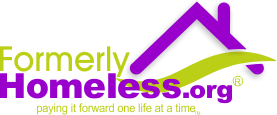
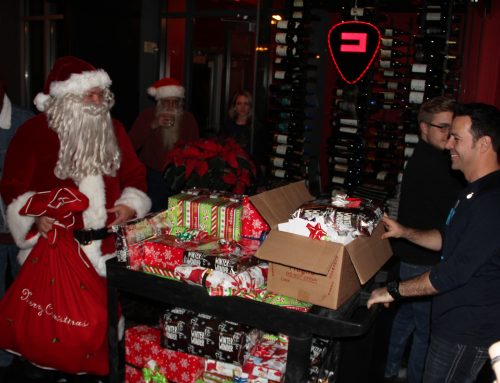

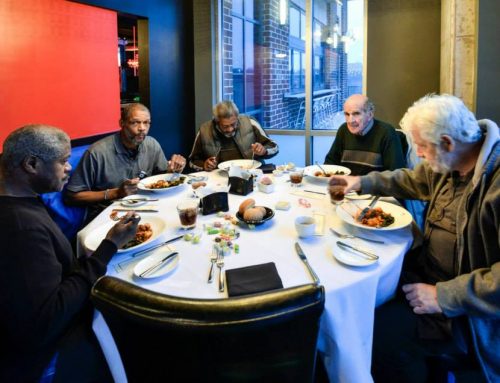
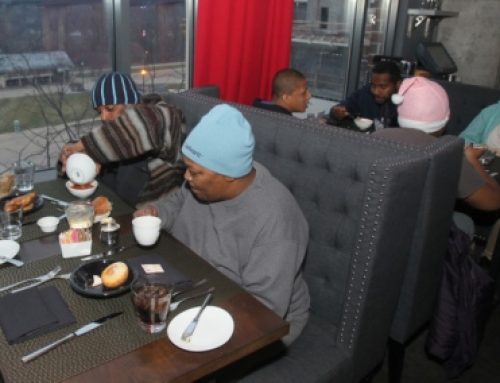
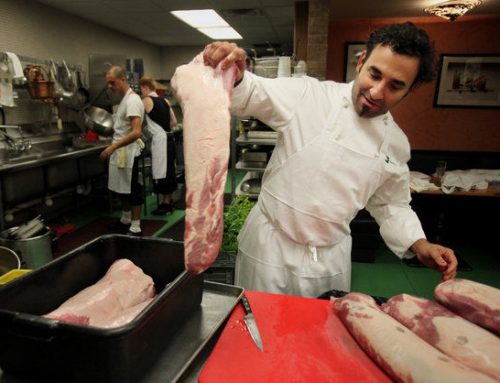
Leave A Comment